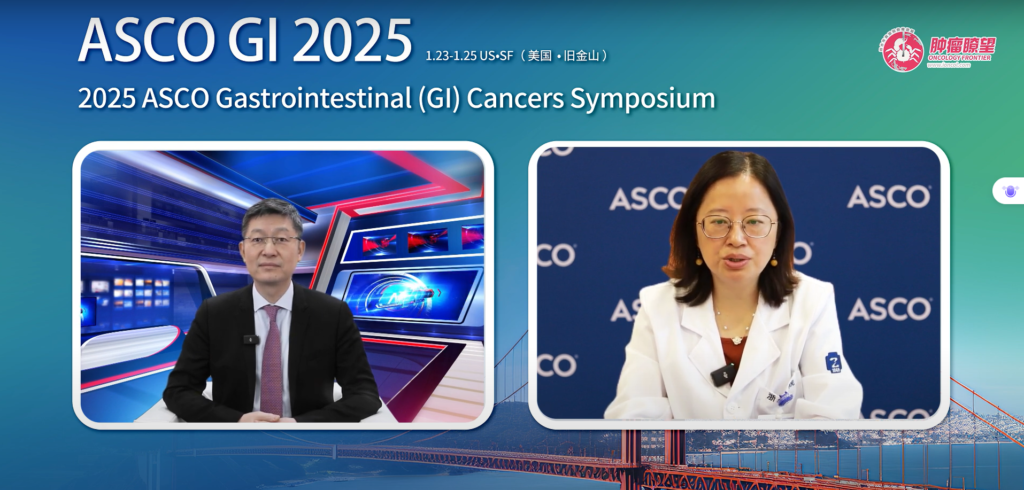ASCO 2024 | Breakthrough in Combined Therapy with Adebrelimab: Ushering in a New Era for Small Cell Lung Cancer Treatment in China
A phase II clinical study on the sequential use of Adebrelimab combined with chemotherapy followed by thoracic radiotherapy has garnered widespread attention at ASCO 2024, particularly for its impact on the treatment of extensive-stage small cell lung cancer (ES-SCLC).The results are striking: the regimen significantly prolonged progression-free survival (PFS) and overall survival (OS) compared to existing standards, while maintaining a favorable safety profile. Most notably, this strategy set a new survival benchmark for first-line immunotherapy in SCLC, demonstrating the value of integrating immune checkpoint inhibition with thoracic radiotherapy. This innovative approach represents a major step forward in SCLC treatment and offers renewed hope for patients battling this aggressive disease. In light of these findings, Oncology Frontier invited Academician Jinming Yu to share insights into the study design, key outcomes, and its clinical implications. The following is a summary of his expert commentary.










